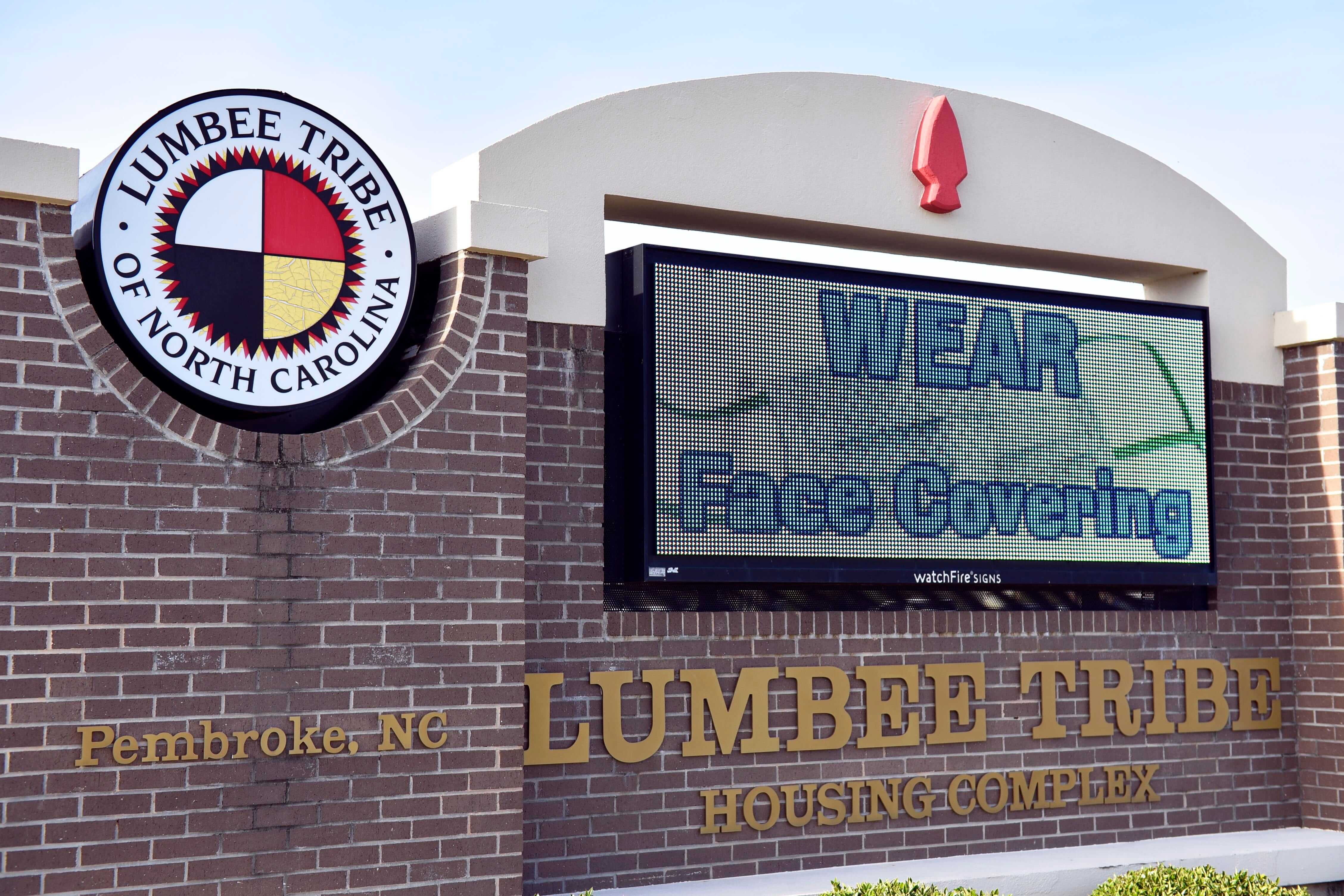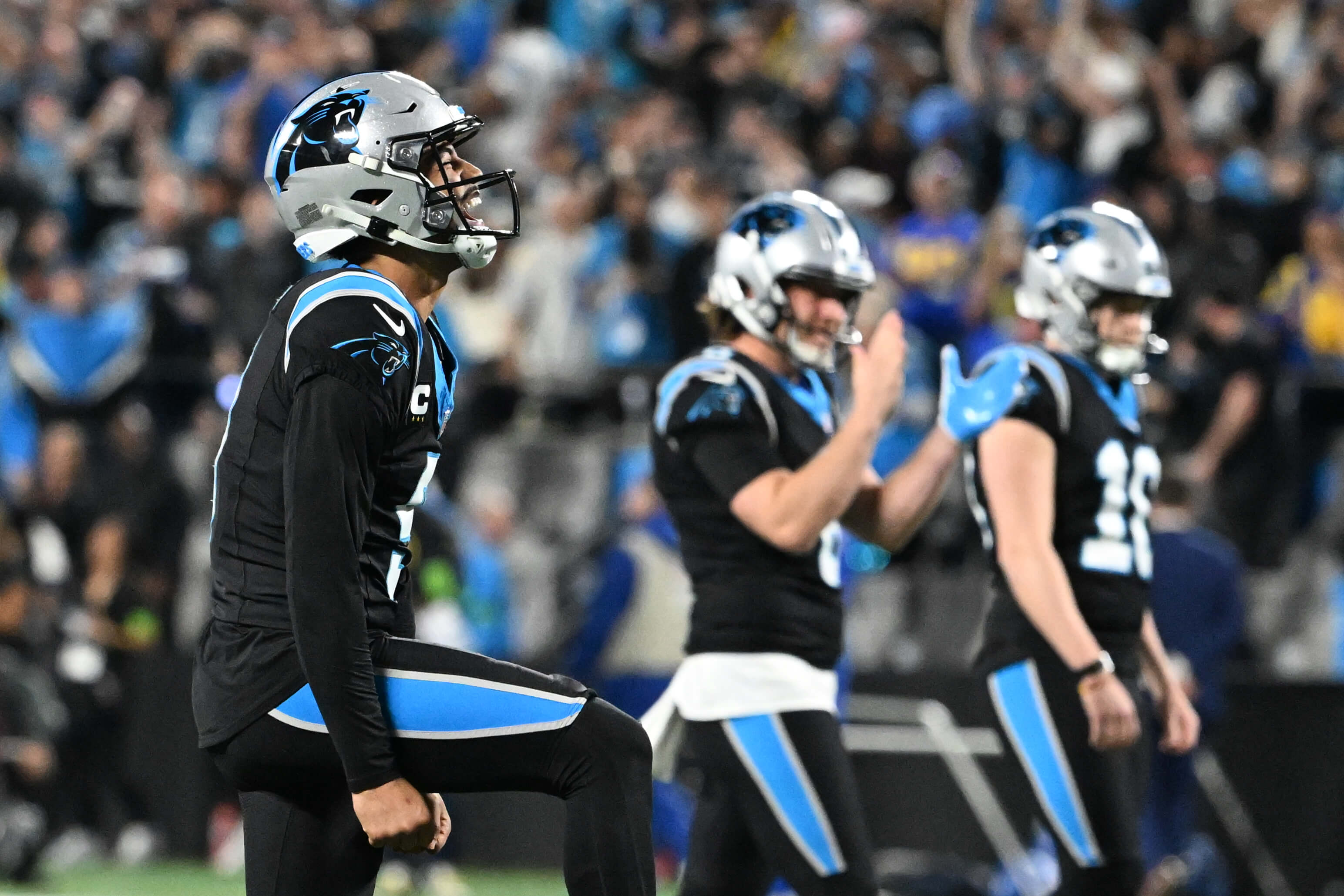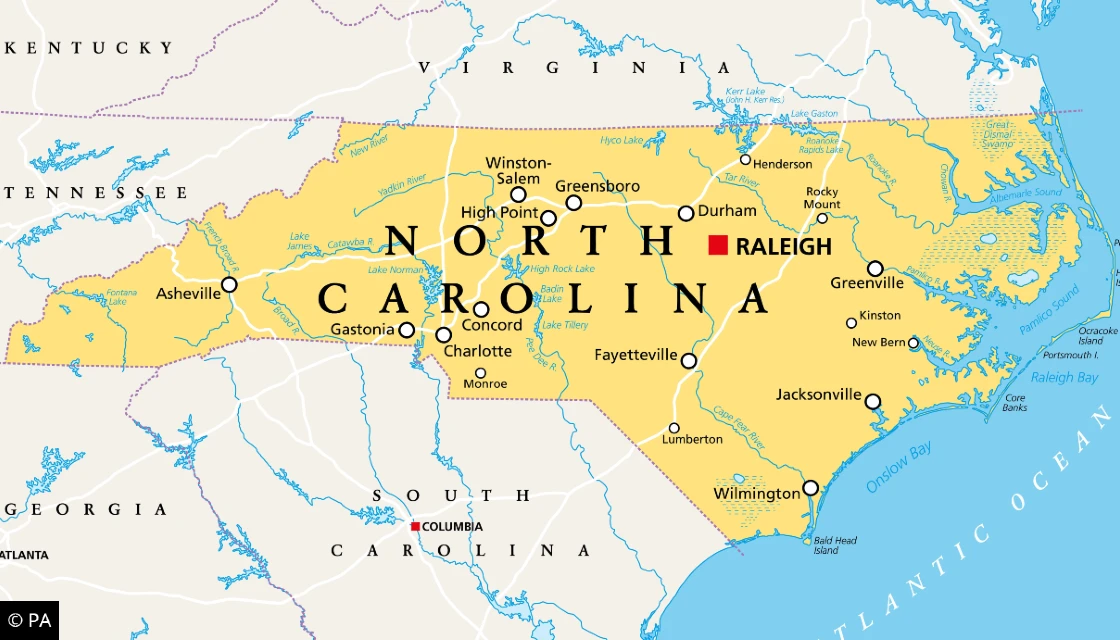After a successful if deliberate journey through the state Senate, an online North Carolina sports betting bill faces a similar trail of committee stops through the state House of Representatives.
House sports betting boosters, such as Rep. Jason Saines, have expressed optimism that the House, like the state Senate, will eventually approve online sports wagering. But it has been clear all along that sports wagering legalization doesn’t have smooth sailing in North Carolina.
The sponsor of the bill that eventually passed in the Senate by a relatively close 26-19 vote in August has conceded that changes may be made to the bill before it passes in the House and goes to Gov. Roy Cooper for his signature. For his part, Cooper has said he favors statewide online sports betting.
It should be noted that North Carolina already has retail sports betting at the two Eastern Band of Cherokee Indian casinos in the western part of the state.
However, it is online where sports betting mainly resides in the 21st century and where it has become accessible to most fans who are interested in getting in on the action. And to be blunt, online is where the money is for both the sportsbook operators and for state governments.
State Sen. Jim Perry, a Republican, along with Sen. Paul Lowe Jr., a Democrat, sponsored the Senate bill (SB 688), and Perry hammered home the talking points in committee after committee about why sports wagering should be passed. And along the way, Perry conceded that perhaps the bill will have to be altered before it’s adopted by the full state General Assembly (see our BetCarolina.com timeline of North Carolina's path to sports betting so far).
Since Perry opened the door, here are some suggestions that online sports gambling advocates might want to consider to gain the votes of more reluctant lawmakers.
Raise the Tax Rate
The Senate version provides for an 8% tax rate. That’s good news for sportsbook operators and may have made sense more than a year ago but the recent flow of events might have created some concerns in the General Assembly that North Carolina is leaving too much money on the table.
New York famously (or infamously, depending on one's point of view) has levied a 51% tax on online sportsbooks. Meanwhile, North Carolina neighbors, Virginia (15%) and Tennessee (20%) are far lower than New York, but still well above the current North Carolina suggested tax rate.
While a lot of variables go into calculating what the eventual tax dollars will amount to, with an 8% tax rate a reasonable crunching of the numbers puts North Carolina’s tax take at about $20 million to $25 million a year, which is far short of the $50 million some sports gambling proponents have projected.
Thought: There’s a tax rate that that allows for sportsbooks to be competitive with offshore operators yet yields a worthwhile tax return. Finding that right percentage may be necessary to get the House votes.
Cut Back on Promotion Credits
By this time, online sports betting observers have watched slack-jawed as mobile sportsbooks have spent lavishly to attract and retain customers with generous bonuses and promotions. However, on the back end of those expenses is the benefit to sportsbooks that in some jurisdictions, they get to deduct those customer-acquisition costs from gross revenues to calculate a final figure of taxable revenues.
Thought: To assure the General Assembly doubters that taxpayer interests are being considered, constraints on such deductions, such as a sunset on the practice, might be advisable.
Help With Problem Gambling
A chronic objection to gambling expansion is concern over increased dysfunctional gambling, and that’s certainly the case in North Carolina where multiple legislators have expressed moral compunctions about expanded gambling.
Carving out money to address the issue of problem gambling has been adopted in some states such as Virginia. In addition, a Sports Bettors’ Bill of Rights is stitched into Virginia’s sports betting legislation. Brian Hess, executive director of the Sports Fans Coalition, noted that in addition to outlining self-exclusion steps (North Carolina’s proposed law already prescribes self-exclusion), Virginia’s extended protections address the handling of customer data (especially considering the trove of data harvested by online bookmakers), and a specific process for recourse in disputes is part of the Virginia legislation along with other consumer safeguards.
Thought: More resources for problem gambling and strengthening protections for bettors might alleviate some North Carolina lawmakers’ concerns.







